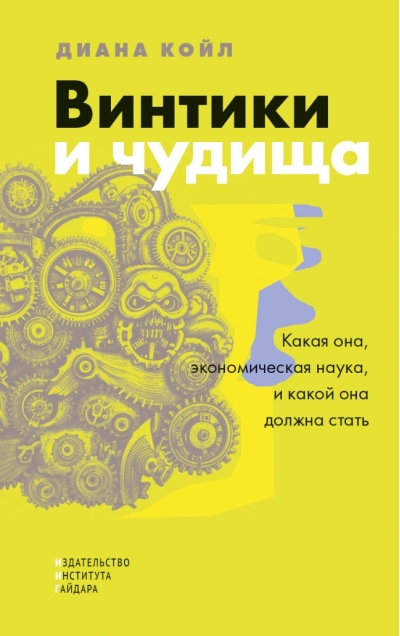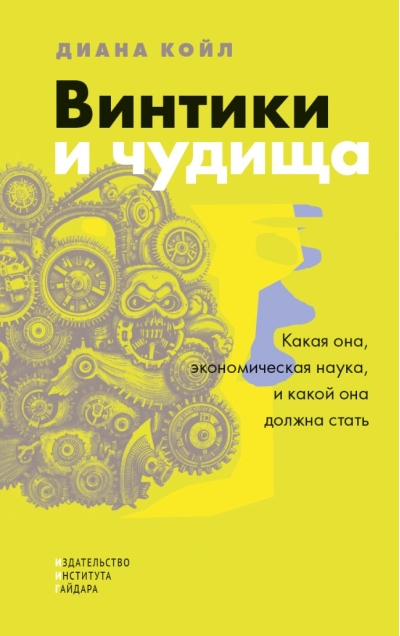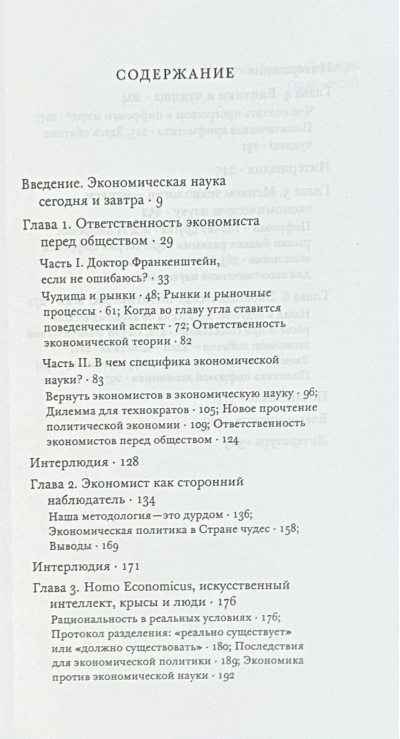Cogs and monsters. What is economics, and what should it become?
19.99 €
15.99 €
In stock
Digital technologies, big data, tech giants, machine learning and artificial intelligence are revolutionizing both the tools of economics and the phenomena it studies, understands and tries to shape.
In Cogs and Monsters, Diana Coyle explores the great challenges and new opportunities facing the modern economy and considers what needs to be done to help policymakers tackle global challenges, from the impact of the pandemic and inequality to slowdown and the climate crisis.
According to Coyle, traditional economics still treats people as “cogs” – rational, calculating, independent agents acting in clearly defined conditions. But the digital economy is much more characterized by “monsters” – uncontrollable, snowballing and socially determined unknowns. Worse, by treating people as cogs, the economy itself creates monsters, leaving it without the tools to understand new problems. In this regard, Coyle raises important questions: is economic individualism relevant in the digital age, is it time to measure growth and progress in a new way, and can economics be objective if it influences what it studies?
In Cogs and Monsters, Diana Coyle explores the great challenges and new opportunities facing the modern economy and considers what needs to be done to help policymakers tackle global challenges, from the impact of the pandemic and inequality to slowdown and the climate crisis.
According to Coyle, traditional economics still treats people as “cogs” – rational, calculating, independent agents acting in clearly defined conditions. But the digital economy is much more characterized by “monsters” – uncontrollable, snowballing and socially determined unknowns. Worse, by treating people as cogs, the economy itself creates monsters, leaving it without the tools to understand new problems. In this regard, Coyle raises important questions: is economic individualism relevant in the digital age, is it time to measure growth and progress in a new way, and can economics be objective if it influences what it studies?
See also:
- All books by the publisher
- All books by the author













